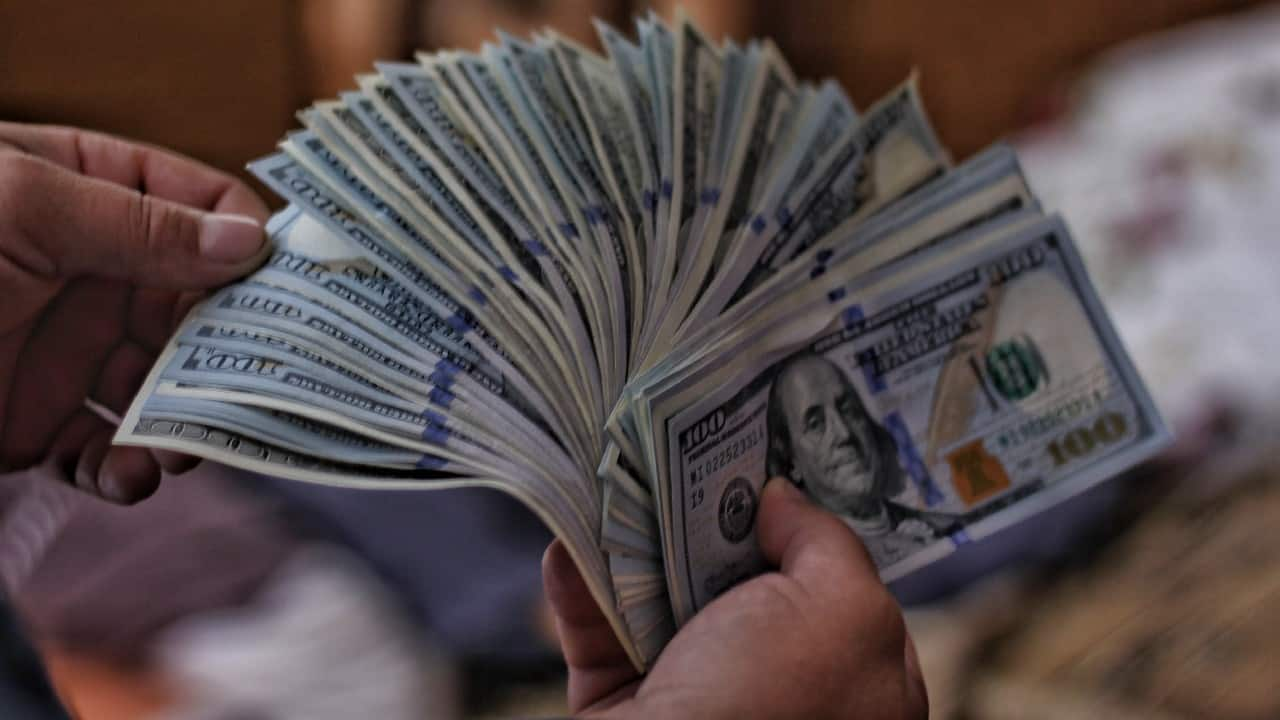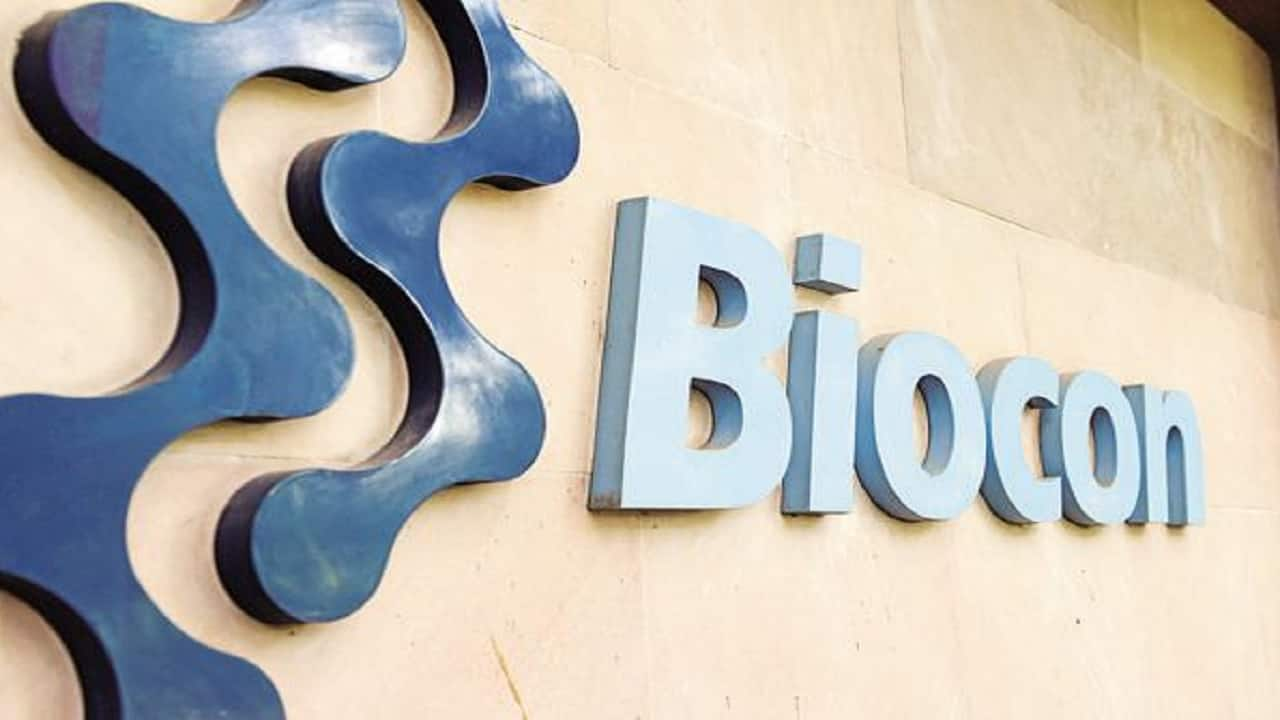Ajit Banerjee, Chief Investment Officer, Shriram Life Insurance, thinks sometimes doing nothing is far wiser than doing too much—remaining inert in a turbulent market may be a prudent strategy.
There is no thing like a perfect time to invest but a disciplined approach to investment yields good results, says Banerjee, who expects the Nifty at 15,000 in 2021. Beaten down sectors such as PSU, power, real estate and FMCG can do well in the new year, so keep a watch.
In an interview to Moneycontrol’s Sunil Shankar Matkar, Banerjee says to protect profits, divest the underperformers and clean your portfolio. Edited excerpts:
Q: What is the biggest lesson you learnt from 2020 and what will you not do in 2021? What is your advice to investors for the new year?
A few lessons from 2020:
- Taking emotional decisions can derail your finances. Implementing strategies to manage emotions and the actions you take is absolutely imperative.
- In this ultra-low interest rate environment, high-quality bonds still serve an important purpose in most investor portfolios. This lesson was reinforced after the market plummeted. Owning high-quality fixed income provides a psychological benefit by minimising volatility, which helps investors keep their emotions in check.
- It once again reemphasised the fact that diversification of portfolio is essential. The benefits of following a diversified portfolio approach clearly got demonstrated in the period of crisis.
- The market remains unpredictable in the short term. It is always prudent to follow a strategy that you can stick to as opposed to take action on the basis of predicting the market on a daily basis.
- Selectively remaining inert in turbulent market may be a prudent strategy. In these period, it is crucial to avoid big mistakes. Usually those missteps stem from doing too much, and not doing too little.
- Bad times present great investment opportunities. This is a very famous investing theory of Warren Buffet, which one needs to keep it in mind while deciding on the time to enter the market purely based on his/her risk appetite.
- Picking the perfect time to invest is an imperfect strategy. Instead of focussing on the ideal time to start an investment, which isn't in one's control, one should focus on preparing a disciplined process to invest and add money over time and withdraw when you feel it’s beyond your risk appetite.
Advice to investors for 2021
- The mantra in 2021 will be to look out for beaten-down sectors such as PSU, power, real estate, FMCG or stocks that have the potential for an upward spiral.
- Protect profits and hedge with defensive sectors. After a substantial gain, it is advisable to control position and let the profits ride in. It is also advisable to protect your profits by divesting in the underperformers and cleaning your portfolio.
- Look for the strong companies getting stronger. Focus should be to identify companies which are increasing their cash flow, margins, market share, shareholders value. They may be priced at a premium but still it will be worth the cause from long term perspective.
- Annual and Q4 earnings will provide more opportunities in 2021. Subsequent to the release of Q4 and annual results, more clarity will emerge for the sectors to focus, allocation to be made and identify the clear outperformers.
- Opportunities are still available in midcap and smallcap sectors. As the market is expected to continue a broad-based growth, there will be value investing opportunities available and recovery will be more visible in small and midcap companies.
Q: The bank index corrected 4.5 percent in 2020, though it is up 81 percent from its March lows. Will the sector be a leader in 2021?
The banking sector joined the market rally after the index crossed 11,000. Thereafter, we are witnessing a northward movement in the banking stocks. Broadly, we can expect the trend to continue in the backdrop of sustained economic recovery in 2021, which will in turn drive higher revenues at lower funding cost. Increased digital adoption across the economy would also help in reducing operational costs. We have seen larger banks, both in private sector and PSU space, have emerged quite stronger out of the COVID-19 crisis. They have strengthened capital, built excess provisions and have improved liquidity positions. Macro-recovery trends have sustained and collection efficiency in the stressed segment is also showing improvements. The extension of the government credit guarantee scheme will further help reduce asset-quality stress.
However, we also need to be mindful of the fact the future financial health of the banking sector would be dependent on the following risks:
· Higher than expected NPLs for SME/BBB and below rated segments
· Slower than expected growth pick up
· Sharp resurgence in COVID-19 cases
· Higher-than-expected competitive intensity impacting operating margins.
Q: The year 2020 will be remembered for extreme pessimism as well as extreme optimism. What is your reading of 2020 and do you expect double-digit returns in 2021?
The year 2020 has truly been unprecedented for all of us. Whereas early phase of the year offered a seemingly endless path, similar to driving in a deep fog. Domestic equities registered sharpest recovery yet in a calendar year and hit all-time highs following positive cues around vaccine development, US presidential election outcome, healthy resumption in domestic economic activity, abundant liquidity and bountiful monsoon. Steady FII inflows, low yields in debt products, wider retail participation and attractiveness of broader market remain supportive for investment in domestic equities.
With the availability of the vaccine in sight, we 2021 gazing at the light at the end of the tunnel with renewed vigour, fervour and vitality. While we are not completely out of woods yet, with concerted human efforts, global and domestic economic landscape has shown clear signs of improvement and clarity has emerged on multiple fronts.
Indian equities have entered a bull market environment. If this trend continues, then the market view is that the Nifty may touch 15,000 in 2021. One year roll forward P/E is at 22x, which is beyond the peak of 20x seen in 2008. However, if markets revert to average sentiment, investors might end up making flat returns.
The key risk that may perturb economic growth and the market momentum remains the second wave of COVID-19, which poses near-term challenges even as hopes of vaccine turn into reality. India continues to witness a steady decline in daily new coronavirus cases. In case the second wave of COVID-19 causes damage to the global economy and the country gets into lockdown mode, then one can expect big selling pressure. Otherwise, if the vaccine gets officially released and is able to keep the spread of the virus under check, then the positive sentiment in the market would prevail barring some interim corrections and profit-booking, which would happen at quarter-end and year-end.
Q: What are those key sectors one must add and avoid in the 2021 portfolio?
The global economy as well as the Indian economy are expected to recover substantially in 2021 as compared to 2020. In these phases of economic recovery, the sectors which would widely contribute would be the banking sector, energy sector, industrial sector and consumer discretionary. In the period of economic recovery, which is driven by huge government spending we can expect cyclical stocks to perform better than defensive sectors. However, as a prudent investment strategy, one needs to maintain a balanced exposure between cyclical sector, defensive sector and sensitive super sector, which would help to maintain an overall balanced portfolio return as opposed to a skewed portfolio allocation in favour of a particular sector.
Q: The economy is expected to turn positive in the first quarter of 2021. Do you expect it to be back at 7 percent growth?
The best available proxy for overall growth expectations is the consensus GDP forecast. Expectations for FY21 GDP moved from +6 percent pre-pandemic to -9 percent at the bottom. Forecasts for FY22 expect GDP at 8 percent level, provided there no COVID-induced lockdown and the economic recovery continues unabated.
Q: Prime Minister Narendra Modi has said India received record FDI in 2020 despite the pandemic and set a target of $ 100 billion for the next two years. What is the FDI amount for 2020, so far, and which are the sectors that attracted FDI? Do you expect more FDI in 2021 than in 2020?
According to data released by the Department for Promotion of Industry and Internal Trade, foreign direct investment equity inflows into India crossed $500-billion milestone during the April to September 2020 period. The key sectors which primarily attracted the FDI inflows are services segment, computer software and hardware, telecommunications, trading, construction development, automobile, chemicals and pharmaceuticals.
The continuity in receipt of FDI inflows is reflection of the firm belief by global investors that India will lead as one of the major growth engine of Asia's recovery coupled with steady state of market reforms, which the country has taken since 2000 that include opening up of various sectors of the economy to 100 percent FDI over the last few years.
We can expect the FDI inflow trend to continue in 2021, since India continues to be one of the major potential growth drivers backed by the availability of abundant liquidity across the globe. The existing sectors are expected to continue receiving FDI inflows in 2021 as well along with organised retail sector and affordable housing sector.
Q: Which are the triggers that can continue supporting the market in 2021?
The earning numbers of corporates would be the main driver of the market upside, duly supported by the continued availability of abundant liquidity in the market. The market would also find support in the low-interest rate regime in the short to midterm where investors would be more inclined to invest in equity markets as opposed to investing in fixed income securities.
Disclaimer: The views and investment tips expressed by experts on Moneycontrol.com are their own and not those of the website or its management. Moneycontrol.com advises users to check with certified experts before taking any investment decisions.










_2020091018165303jzv.jpg)


























